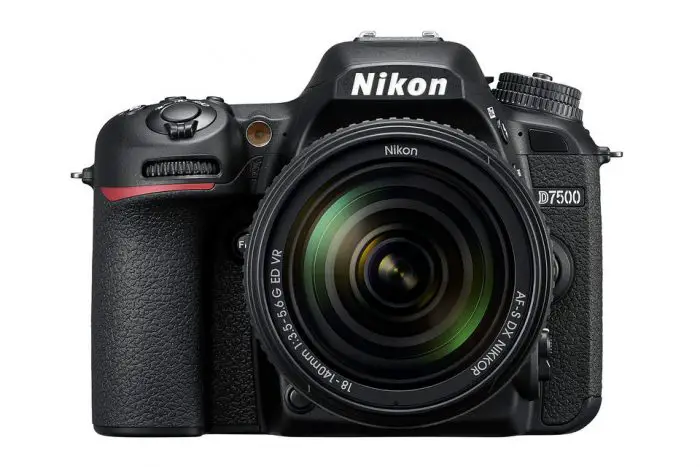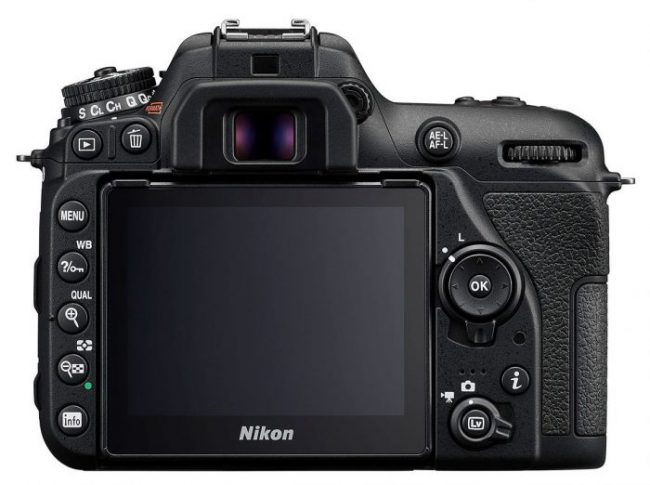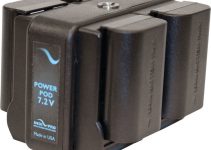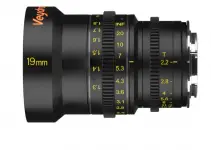Nikon just announced their new midrange 4K DSLR – the Nikon D7500. The latest DSLR from Nikon features a DX-format 20.9 megapixel sensor that provides a robust yet lightweight camera with powerful performance and premium features. The D7500 has the same high-performance EXPEED 5 image-processing engine found in the D500 and supports the same ISO range from 100 to 51,200 (50-1,640,000 Extended). The D7500 lacks an optical low-pass filter in order to ensure very sharp and clear photos and movies in which noise is suppressed, even when shooting at high sensitivities.
Thanks to its EXPEED 5’s high-speed image-processor and a larger memory buffer, the D7500 offers high-speed continuous shooting at approximately 8 fps and up to 50 images in 14-bit lossless compressed RAW, or up to 100 JPEG images with each burst of continuous shooting.

According to the manufacturer, the Nikon D7500 offers “astounding low-light ability and 4K UHD video capture, yet remains within reach for a diverse array of image makers and creators.” See for yourself in the clip below.
Moving on to the more exciting video features of the new Nikon D7500 (at least for most of you that are reading this), users now have the ability to record 4K UHD (3840 × 2160/30p) videos and in-camera timelapses. You can save files in both MOV files or as MP4 files for more flexibility and easier workflow depending on whether you are on a PC or Mac.
Like the D500, the D7500 offers 3-axis built-in e-VR image stabilization when shooting 1080p Full HD video, and can be easily focused using the rear touchscreen function. Bluetooth and Wi-fi connectivity also make an appearance.

The Nikon D7500 also offers uncompressed output (as in a clean output without menus) via HDMI if you want to get that sweet ProRes or DNxHR from external recorders such as the Atomos Ninja Inferno for example.
Another good news is that Nikon have not forgotten the headphone and microphone jack, thus enabling pro-level audio recording and monitoring. To allow for smooth exposure adjustments, the camera also supports power aperture for smooth and step-less depth-of-field transitions while users can also keep highlights in-check using visible zebra stripes in live-view mode.
There is a single SD card slot however (which apparently isn’t USH-II), would have been nice to get a dual SD card slot for relay and backup recording, but alas we’ll have to wait for the next generation for this to possibly happen.
The Nikon D7500 is scheduled to ship this Summer at a retail price of around $1,250 for the body only, or with in a kit with the AF-S DX NIKKOR 18-140mm f/3.5-5.6G ED VR lens for $1,750.
For more information on the Nikon D7500 head over to www.nikonusa.com.
Disclaimer: As an Amazon Associate partner and participant in B&H and Adorama Affiliate programmes, we earn a small comission from each purchase made through the affiliate links listed above at no additional cost to you.




It’s very scary to see nowhere any specifications about the recording bit rate.
I guess 8 bit 30Mbs 4K….
Another Nikon 4K capable failure camera
those have not been officially released by the manufacturer, hence why they are not in the article.
That’s what scares me, nowhere on Nikon website these crucial information are available.
Without the datarate; 4K means nothing.
Bit rates mean nothing because the camera makers all have different ways to measure them. Unless you’re shooting the Olympics for NBC Sports or the BBC, concentrate on whether you like the picture or not. If you are shooting for NBC Sports you’ll probably already own a Suitable camera.
did you even tried to grade 24 Mbs highly compress Full HD codec (whaever brand you want) compare to a 200Mbs one?
Compression have limits at one point.
Yes, Nikon failed to propose good codec to work with in a broadcast mode.
I’m agree that for a cheap video online, it may not make so much difference, but people also pick up a camera based on review from pro.
If you don’r have this market, you will not have blogging/review/talk about your camera and it will disappear from the web, and so from the shopping list of possible users.
Nikon camera are great, completely capable of doing very nice videos, but Nikon failed on understanding that communication is more important than skills and without a flagship model as Canon with their 5D series, the rest of the line will loose interest.
This is a show world.